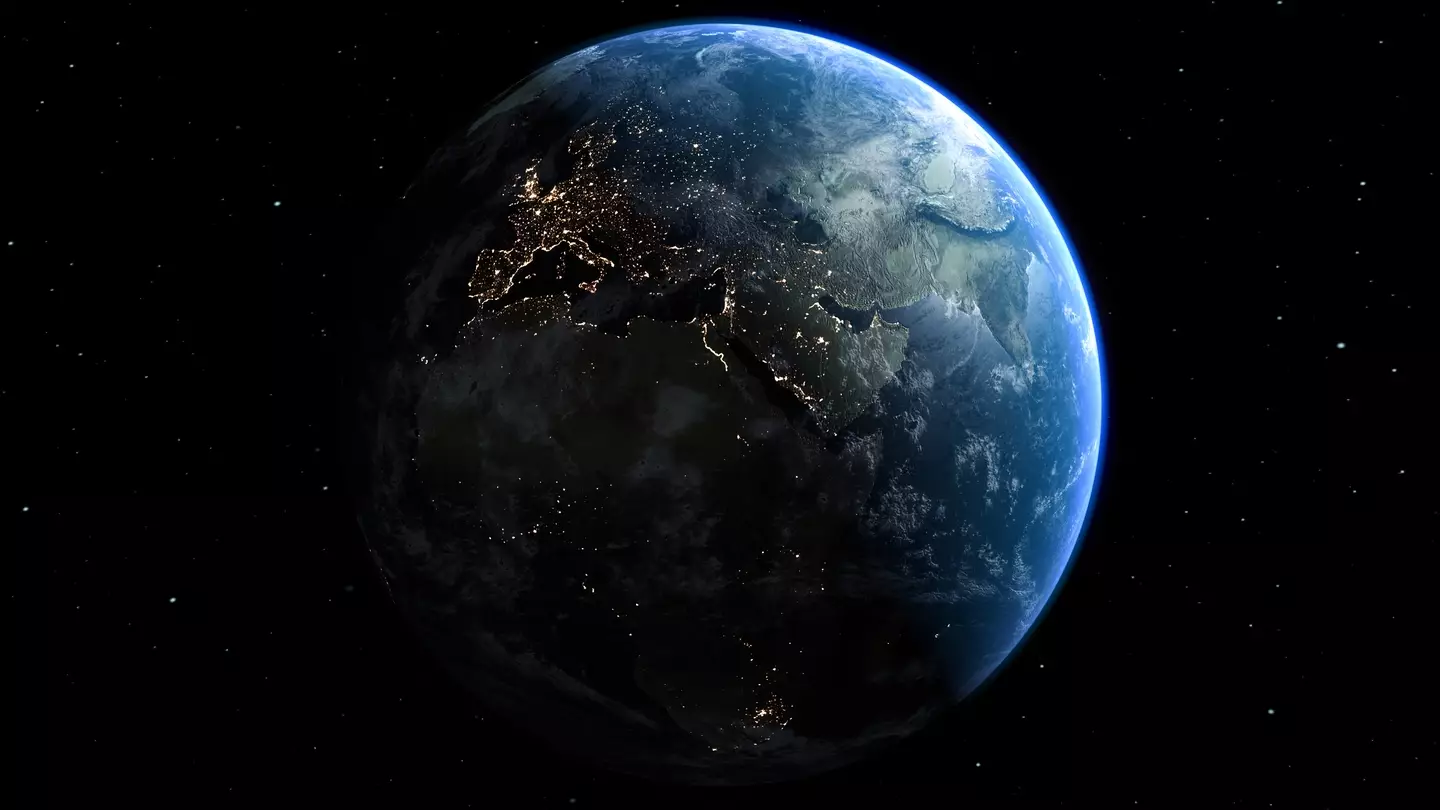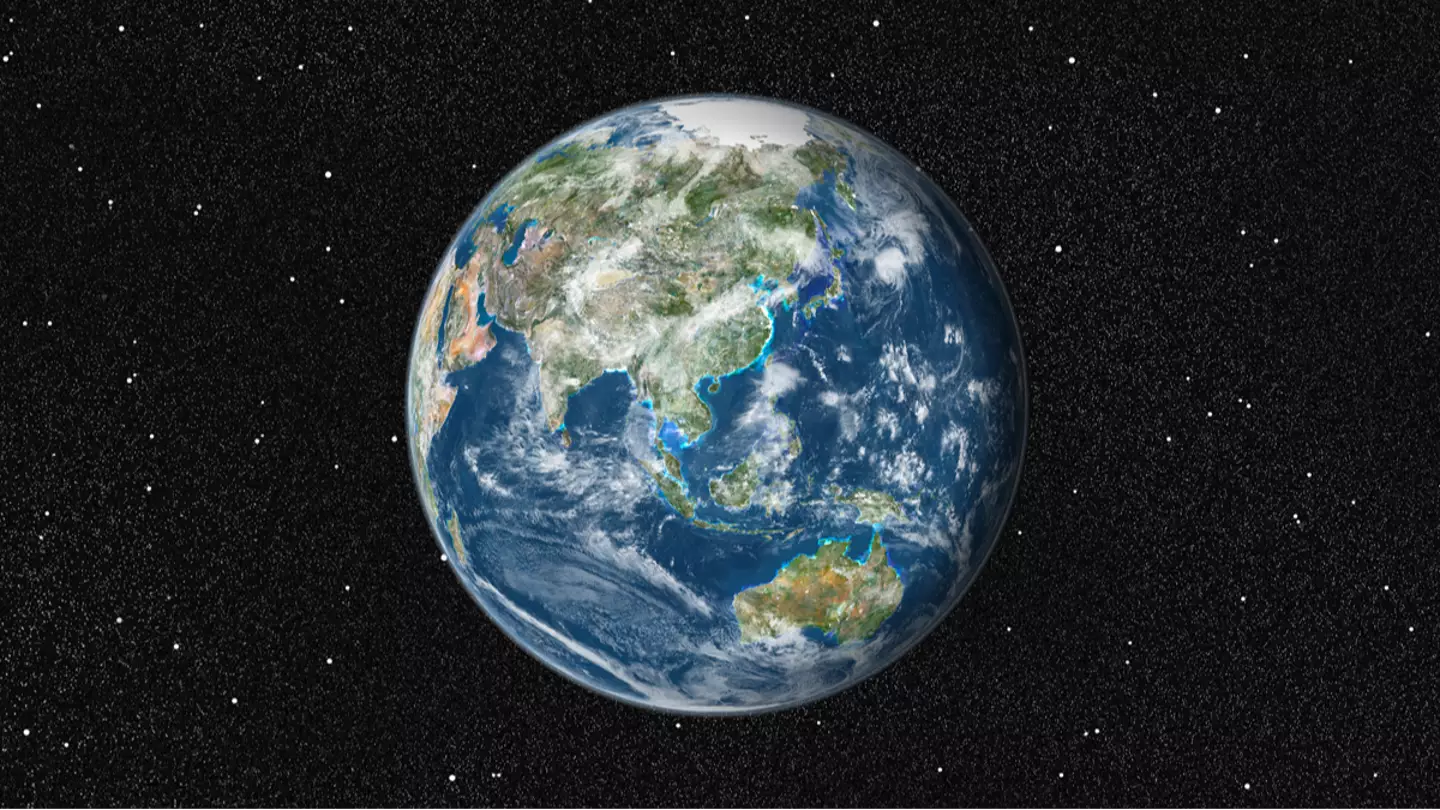It’s common knowledge that the length of our days varies throughout the year, with the shortest day quickly approaching in a few weeks.
A scientist has highlighted that as Earth’s rotation unexpectedly accelerates, we are on the brink of experiencing the shortest day ever recorded.
Currently, Earth completes about 365 rotations on its axis during each orbit around the Sun, which corresponds to the number of days in a year.
Each complete rotation is marked as one year on Earth. However, historically, the number of rotations has ranged from 490 to 372 days.
Various factors can influence the speed of Earth’s rotation, including sea level changes, internal Earth shifts, and the Moon’s gradual distancing from Earth.
Yet this time, the acceleration is unusual, and the reason remains unknown.

Graham Jones, an astrophysicist at the University of London, has forecasted that our planet might speed up on either July 9, July 22, or August 5 this year, as reported by the Daily Mail.
This acceleration means our days could be shortened by 1.30, 1.38, or 1.51 milliseconds.
Although this change in time seems negligible, experts warn it could affect GPS systems and precise time measurements.
The rapid pace remains unexplained, with Leonid Zotov from Moscow State University telling Timeanddate.com: “Nobody expected this. The cause of this acceleration is not explained.”
He added, “Most scientists believe it is something inside the Earth. Ocean and atmospheric models don’t explain this huge acceleration.”
Changes in Earth’s rotation can also be triggered by natural events, such as earthquakes. One researcher cited an instance where an earthquake accelerated Earth’s rotation, affecting day lengths.

For example, in March 2011, a magnitude 9.0 earthquake off Japan’s east coast altered Earth’s axis and shortened our days. It was the country’s most powerful recorded earthquake, shifting Earth’s axis by about 17 centimeters.
Surprisingly, it may have moved Japan’s main island by approximately 2.4 meters.
“Earthquakes can change the Earth’s rotation by rearranging the Earth’s mass,” Dr. Richard Gross from NASA’s Jet Propulsion Laboratory explained to Popular Mechanics in 2011.
“This is what a spinning ice skater does to make herself spin faster. She moves her arms closer to her body, she’s moving her mass closer to the axis about which she’s rotating. And earthquakes do the same thing.”
He added, “This earthquake must’ve moved the mass on average a bit closer to the Earth’s rotation axis to make the Earth rotate faster and the length of the day a bit smaller.”
However, there’s no need for alarm. Despite the recent increase in Earth’s rotation speed since 2020, scientists believe it will eventually slow down, though the timing is uncertain.
“Sooner or later, Earth will decelerate,” Zotov assured.

